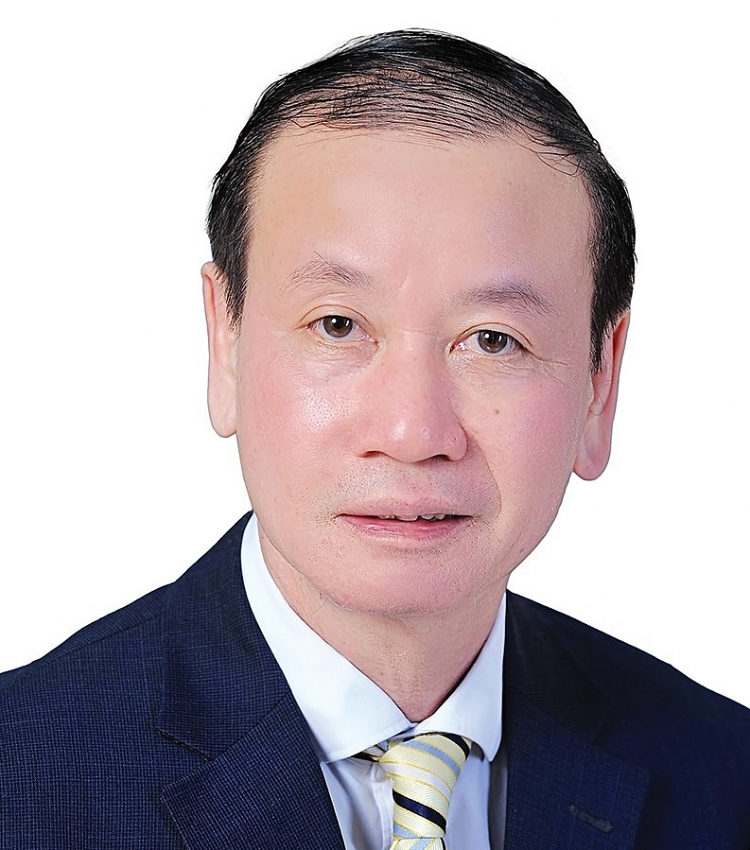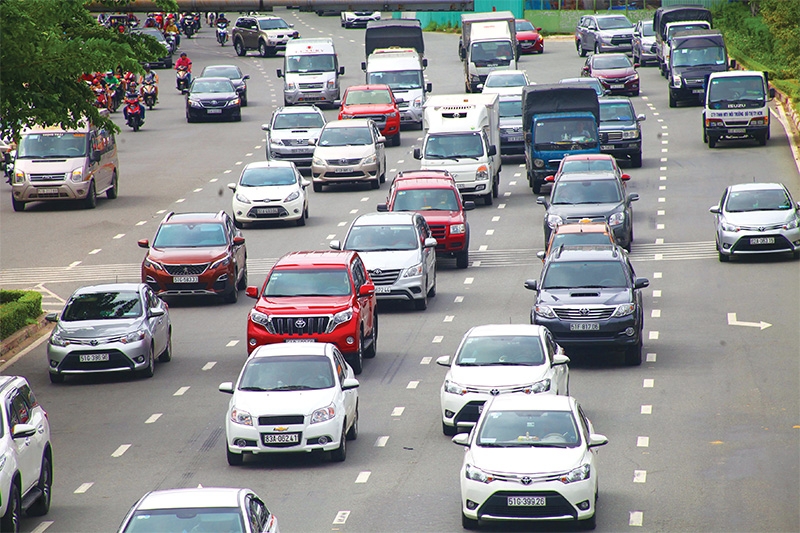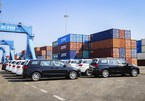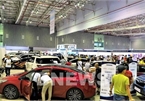 |
| Vu Tan Cong - Deputy director-general Vietnam Automobile Industry and Trading Business Consulting Co., Ltd. |
Like many other countries, sales of automobiles largely depend on the government’s policies on the industry, for car consumers, and on the population and the nation’s economic situation.
There have been many new policies and happenings which have noticeably affected the Vietnamese automobile market since the beginning of 2020. In February, the government promulgated Decree No.17/2020/ND-CP, revising and adding some conditions relating automobile business in Decree No.116/2017/ND-CP dated 2017 on requirements for manufacturing, assembly and import of automobiles and trade in automobile warranty and maintenance services.
Accordingly, the requirements of vehicle type approval (VTA) of and lot-by-lot checking and inspections on completely-built-up import vehicles are lifted. This makes it easier and lower costs for automobile importers to import such vehicles from overseas.
These have special importance in countries where there is no agency authorised to check or test vehicles, or issue a VTA. Thanks to Decree 17, there is a wider road to import automobiles, especially from Thailand, Malaysia, and Indonesia.
The current pandemic has had very bad effects on the economy of many countries, including Vietnam’s automobile manufacturing industry, meaning lots of factories in Vietnam and elsewhere have had to temporarily close for weeks or even months.
Moreover, due to social distancing, sales of new cars in Vietnam during the first five months of 2020 dropped about 35 per cent on-year. The car stock has also become bigger, increasing worries for car manufacturers and dealers.
Sell whenever possible
With the aim of minimising person-to-person contact, THACO introduced 10 new models of BMW cars online in April. Shortly after that, the same type of event was implemented by Audi with three new vehicles of their own. These online introductions are the first-ever events of this kind by Vietnamese automobile distributors. More and more potential consumers prefer visiting car dealer websites to find cars suitable to their demands and to learn of promotional packages by dealers and manufacturers.
Facing drops in sales volume and bigger car stocks, both carmakers and car dealers are doing all they can to sell their products. The first thing they can do is to reduce vehicle prices for both popular and luxury cars.
Car price reductions have been seen at anywhere from $2,000 to $20,000 per unit depending on brand, model, and version. As a result, lower prices will increase the sales volume.
Moreover, new local carmaker VinFast has supported their customers by providing car ownership registration fees for free, and better vehicle warranty terms and conditions, of up to five years or 165,000km, whichever comes first.
The rescue service for any failed cars are also free. Besides that, VinFast also buys back used cars of any brand to sell their new cars to customers. Both carmakers and car dealers also implement many other promotions to reach the highest sales volume.
 |
| Compared to other regional nations, Vietnam’s car owner rate sits at just 23 per 1,000 people. Photo: Le Toan |
Supporting consumers
The government’s Decree No.70/2020/ND-CP dated June 28 takes effect until the end of the year and regulates that locally-produced automobiles will enjoy a 50 per cent reduction in ownership-transferring fees when the cars are registered. This is a strong incentive for car consumers to buy locally-manufactured vehicles. By doing so, more locally produced cars will be sold, benefit local automakers, and create more pressure on importers.
Some say that Decree 70 is causing unfair treatment between imported and locally-produced cars. Lately, EuroCham proposed to the government that cars to be imported from the EU should be treated in the same way as local cars in terms of ownership transfer fee support.
However, some carmakers have started raising their prices after many reductions and promotions, right after Decree 70 took effect. These price increases are to compensate carmaker losses due to such price reductions.
However, car consumers can enjoy some benefits from the government’s support even when carmakers and car dealers increase prices and cut down promotions.
Decree No.57/2020/ND-CP, promulgated by the government on May 25 and taking effect on July 10, regulates some amendments and additions to 2016’s Decree No.122/2016/ND-CP and 2017’s Decree No.125/2017/ND-CP, amending and revising Decree 122.
In line with Decree 57, imported materials, parts, and components that are not produced by automotive support industrial local enterprises will be removed from import tax rates.
For automobile makers, the same import tax rates are applied if these manufacturers meet minimum production volume for one model of as many as 2,600 units for six months, and total production volume of 6,500 units for six months as well. These figures are much lower than the numbers regulated in Decree 125 (4,000 and 10,000 units, respectively).
Abolishing import tax rates for parts and components for locally-produced vehicles will further decrease vehicle prices. In the past, Toyota, TC Motors, and THACO were the automobile manufacturers who enjoyed benefits from Decree 125.
The decrease in committed production volumes makes the possibility for other automakers to enjoy benefits from zero import tax rates of imported parts and components for the local automobile production.
The changes in the government’s policies to support local automobile manufacturers and to support consumers will make local automakers change their production plans, turning them to locally-assembled models that were completely built-up imports previously. Toyota Fortuner, Honda CR-V, and the Mitsubishi Xpander are planned to be locally produced.
These local automobile productions will support automakers, create more jobs, and attract more foreign investment. Some world-class automobile manufacturers are keeping their eyes on the government’s policies on the industry to make their decisions on whether to invest in Vietnam or not.
Slight market decrease
With the government’s support to both car consumers and local carmakers and estimated GDP growth rate of 3-4 per cent in 2020, the Vietnamese automobile market is forecasting a decrease of about 15-20 per cent as compared to 2019. Automobile sales in the market usually speed up in September to January, just before the Lunar New Year. Sales also sharply increase in October when the Vietnam Motor Show takes place. Year-end car sales in 2020 are hoped to greatly increase with Decree 70 ending by December 31.
Vietnam has a low automobile number per 1,000 people at just 23 units, much lower than the same figure of other countries in the ASEAN and further afield, so the market has big room to develop. VIR
Vu Tan Cong

Vietnamese automaker boosts sales of passenger cars to Thailand
Truong Hai Auto Corporation (THACO), a leading automaker in Vietnam, has sold 80 Kia Grand Carnival cars to Thailand.

Vietnam's automobile market sees 62 percent surge after social distancing
The sales of automobile surged 62 percent month-on-month in May following the end of social distancing measures, according to the Vietnam Automobile Manufacturers’ Association (VAMA).